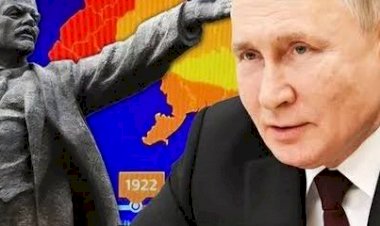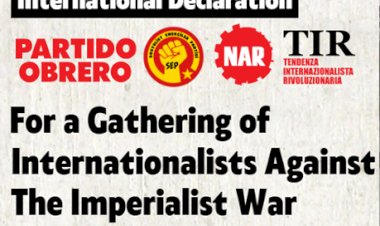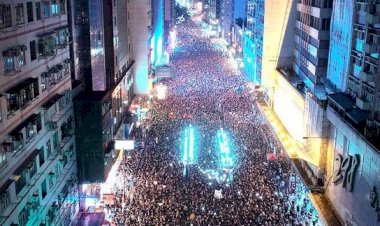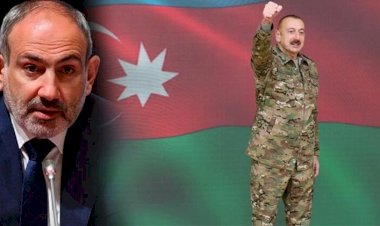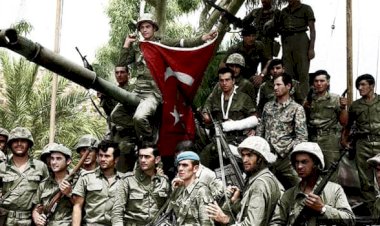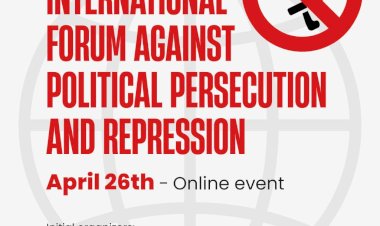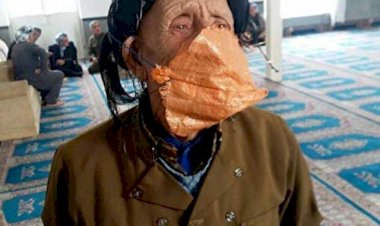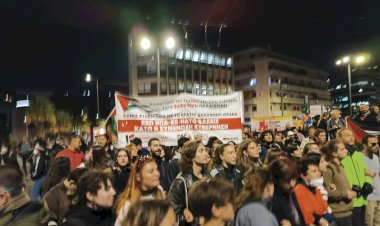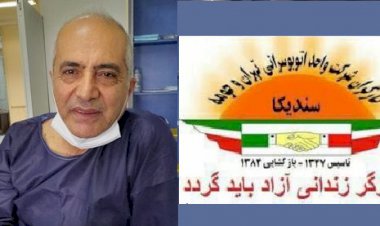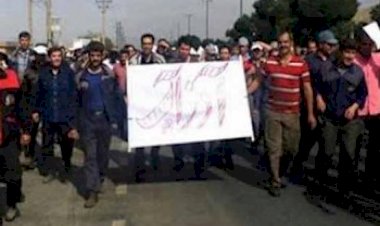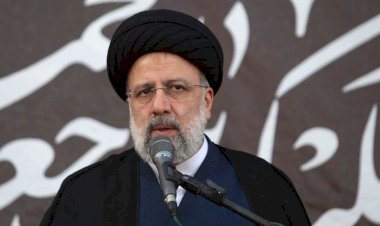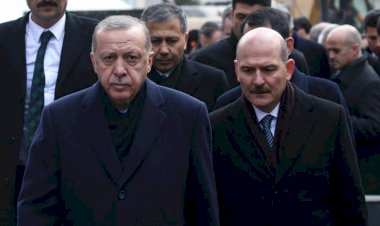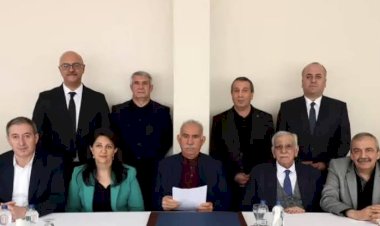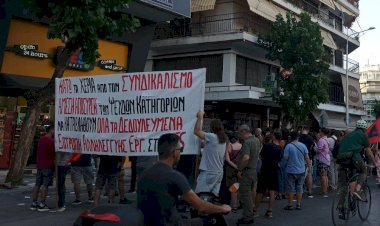Chilean Elections Reveal Strengthening of the Right – V. U. Arslan
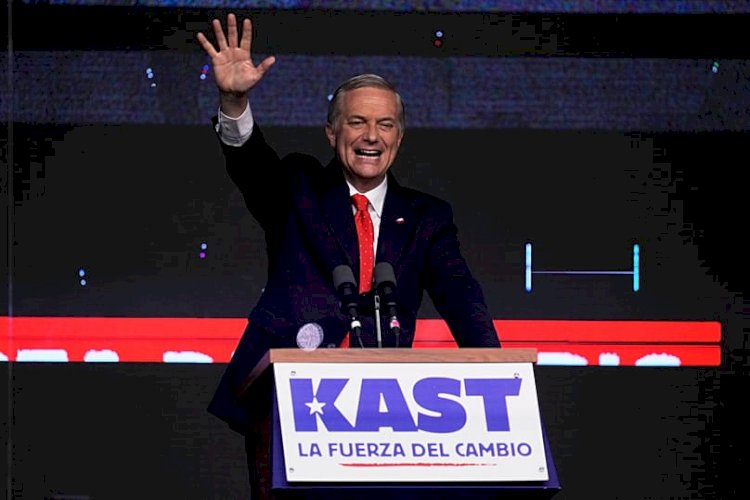
The first round of Chile's presidential and general elections, held on November 16, revealed the strengthening of the right wing. Initial results show that right-wing blocs have achieved a combined majority of approximately 70% of the vote in parliament. This means that President Gabriel Boric's "Union for Chile" (Frente Amplio) bloc has lost significant ground. The "Union for Chile" alliance comprises a coalition of left-wing and liberal parties, including the Socialist Party of Chile, the Communist Party of Chile, the Christian Democrats, the Liberals, and the Radicals.
Jeannette Jara, currently Minister of Labor and a member of the Chilean Communist Party, ran for the presidency on behalf of the alliance. Jara ran a generally social democratic campaign. However, this campaign failed to achieve the expected success, with her 27% of the vote falling short of expectations.
Boric, Left-wing Populism, and Disillusionment
Jara's disadvantage was the failure of the Boric administration, which had been at the helm for the past four years, to deliver on its promises. Coming to power in the birthplace of neoliberalism with ambitious promises to amend the Pinochet-era constitution and end neoliberal policies, Boric employed the rhetoric of "If Chile was the cradle of neoliberalism, then it will also be its tomb." Throughout his tenure, he pursued a moderate market-oriented policy. He failed to respond adequately to right-wing pressure on issues such as crime and immigration. The divisions within the Frente Amplio, which had brought him to power, on issues such as crime, immigration, and amending the dictatorial constitution often constrained his ability to act. However, following the spectacular wave of rebellions in 2019, the fundamental disappointment among the working class was the alignment of Boric's left-wing populism with the established order.
Nevertheless, the economic outlook was not encouraging towards the end of his term. Chile experienced its lowest growth rate since the Pinochet era, at 1.7%, last year. Research conducted in July showed that 22% of the country's population still lived below the poverty line. The decline in copper and mineral prices, on which the country's economy relies and which account for almost 50% of exports, particularly hampered Boric's position. The deteriorating economic situation prevented anticipated social reforms in areas such as the tax system, education, and healthcare from being implemented.
The presidential elections, held with a high turnout of nearly 85% due to mandatory participation, resulted in the second round being won by Jeannette Jara of the Communist Party and the far-right José Antonio Kast.
What Does Kast Promise?
José Antonio Kast (Republican Party), representing the far right, placed second in the first round with approximately 24 percent of the vote. Kast ran his campaign like a Chilean Trump. He played on social polarization, particularly through immigration and crime, referencing Nayib Bukele, who, like El Salvador, imprisoned 2 percent of the adult population while claiming to fight crime. Furthermore, he praised dictator Pinochet, the architect of the country's dark past.
Kast's proposals on the immigration issue, which he particularly emphasized, are not uncommon. More than 500,000 Venezuelan immigrants arrived in Chile, where immigrants make up 8.8 percent of the country's population, particularly following the economic crisis. Kast views this as an invasion and vows to end it if elected. The Escudo Fronterizo (Border Shield) project, which would involve building 5-meter walls, electric fences, barriers, 3-meter trenches, and militarizing borders across hundreds of kilometers, was a key promise of the far-right in many countries, from the US to Hungary. Kast even personally visited Hungary to observe these practices being implemented on the Serbian border.
Like his inspiration, Trump, he frequently uses the slogan "Chile First." He declared that the race between him and Jara in the December 14th runoff election would be a choice between chaos and order, thus declaring that he would push the polarization to the limit. The recent rise in kidnappings and murders in the country, in particular, has increased interest in Kast's rhetoric.
The possibility that Kast and his right-wing bloc will unite in the second round portends a tough challenge for the "left wing." In the elections, the populist/right-wing populist Franco Parisi (People's Party) received approximately 20 percent of the vote, while other right-wing/liberal-conservative candidates (Johannes Kaiser, Evelyn Matthei, etc.) received approximately 30 percent. This table shows that the combined vote share of the right-wing and far-right bloc reached approximately 70 percent.
The shift in power in the presidential election was reflected in the Senate and Parliamentary elections. The left wing, led by Gabriel Boric, lost approximately one-fifth of its seats in the legislature.
Meanwhile, the Trotskyist PRT (Revolutionary Workers' Party), representing the revolutionary wing, doubled its vote share compared to the previous elections four years ago, but only managed 0.62 percent.
The Boric government, which came to power after the social explosion of 2019, resulted in the scuttling of strong social expectations such as social equality and a new constitution. During this period, the progressive social atmosphere gave way to security concerns, the immigration crisis, and economic hardship. This led to the election campaign being conducted within the framework dictated by the right. The left coalition led by Gabriel Boric appears to have thus calmed the class struggle and paved the way for a stronger right-wing comeback.
In October, a right-wing figure, Rodrigo Paz Pereira, won the presidency in Chile's neighboring Bolivia for the first time since 2005. Despite the economic crisis, Javier Milei in Argentina emerged victorious in midterm elections with $40 billion in support from the Trump administration. A far-right come to power in next year's elections in Peru and Colombia is an expected possibility. Therefore, the contradictions left unresolved by left-wing populism, which came to power on a pink wave in Latin America for many years, and the resulting disappointments, appear to have opened the door to a new right-wing wave.



